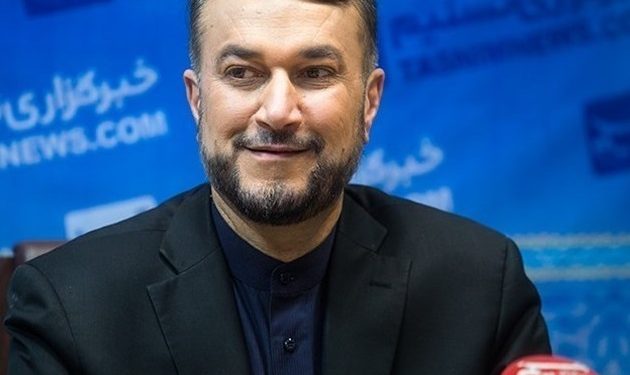Iran’s Foreign Minister Hossein Amir-Abdollahian, speaking at the World Economic Forum in Davos, shed light on the current conflict in the Middle East, particularly focusing on the ongoing war in Gaza. He stated that ending the Gaza war would lead to the cessation of attacks against Israel and its interests by what he referred to as the “Axis of Resistance.”
Iran, a known supporter of the Palestinian militant group Hamas, has been vocal in its criticism of Israel’s military offensive in Gaza, both aerial and ground attacks. Tehran has also accused the United States of supporting what it calls Israeli crimes in the region.
Amir-Abdollahian emphasized the interconnectedness of regional security, particularly highlighting the Red Sea’s security being tied to the developments in Gaza. He warned that if Israel’s actions in Gaza do not cease, it could exacerbate the already heightened tensions across the Middle East, with all resistance fronts remaining active.
This statement comes in the wake of US President Joe Biden’s recent designation of Yemen’s Iran-backed Houthis as a “terrorist” group. The declaration followed a series of airstrikes across Yemen by American and British forces. The Houthi militia, which has been targeting Red Sea shipping in solidarity with Palestinians, has threatened to respond strongly to these strikes.
Additionally, Amir-Abdollahian spoke about Iran’s intelligence sharing with Iraq concerning the activities of Israel’s Mossad in Iraq’s semi-autonomous Kurdish region. Iran claims that its Islamic Revolutionary Guard Corps (IRGC) attacked what it calls Israel’s “spy HQ” in the city of Erbil, Iraq, a claim that was later denied by Iraq.
The foreign minister’s comments underscore the complexities of the current geopolitical scenario in the Middle East, where the Gaza conflict’s ripple effects are being felt across the region.



























